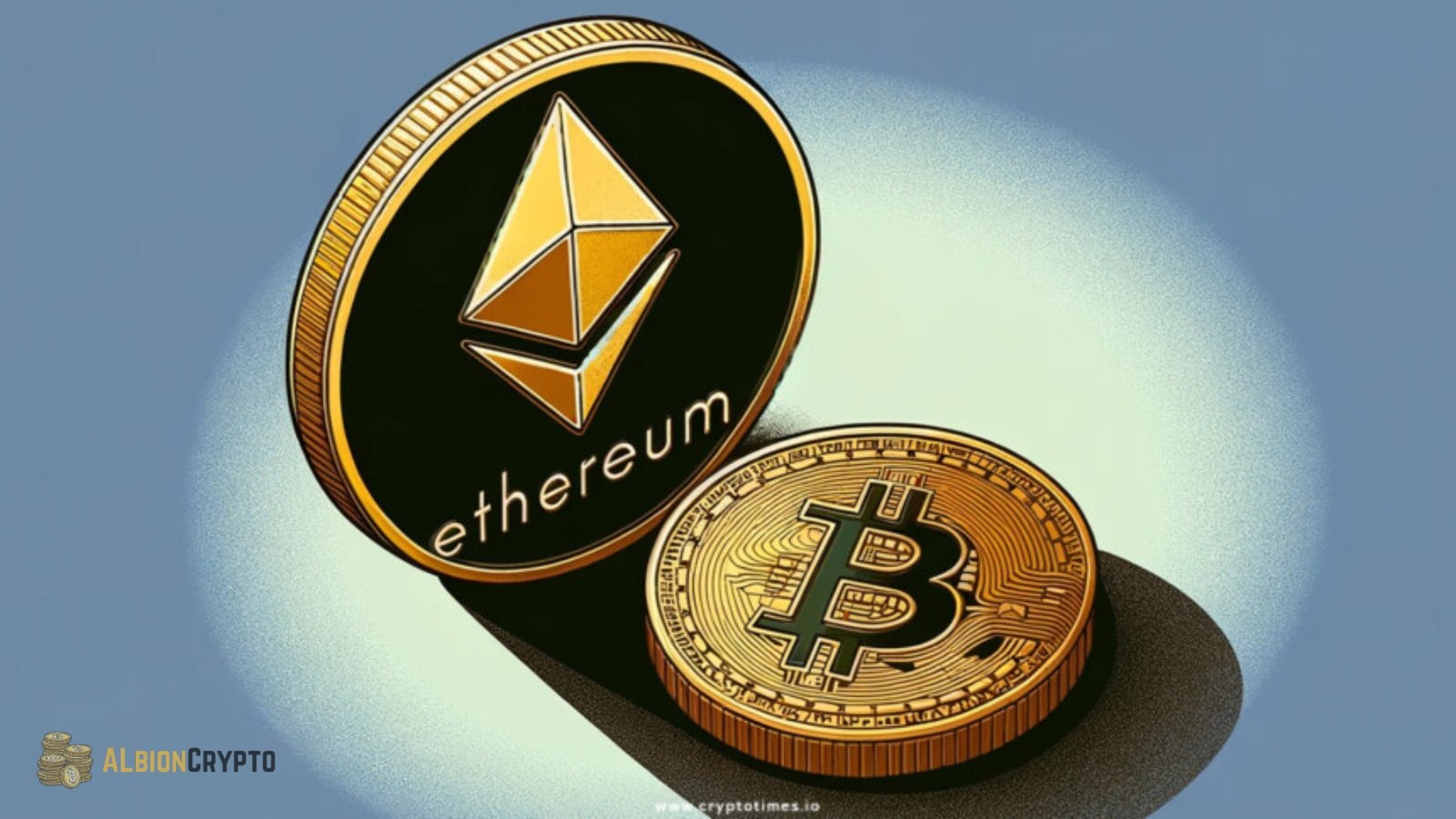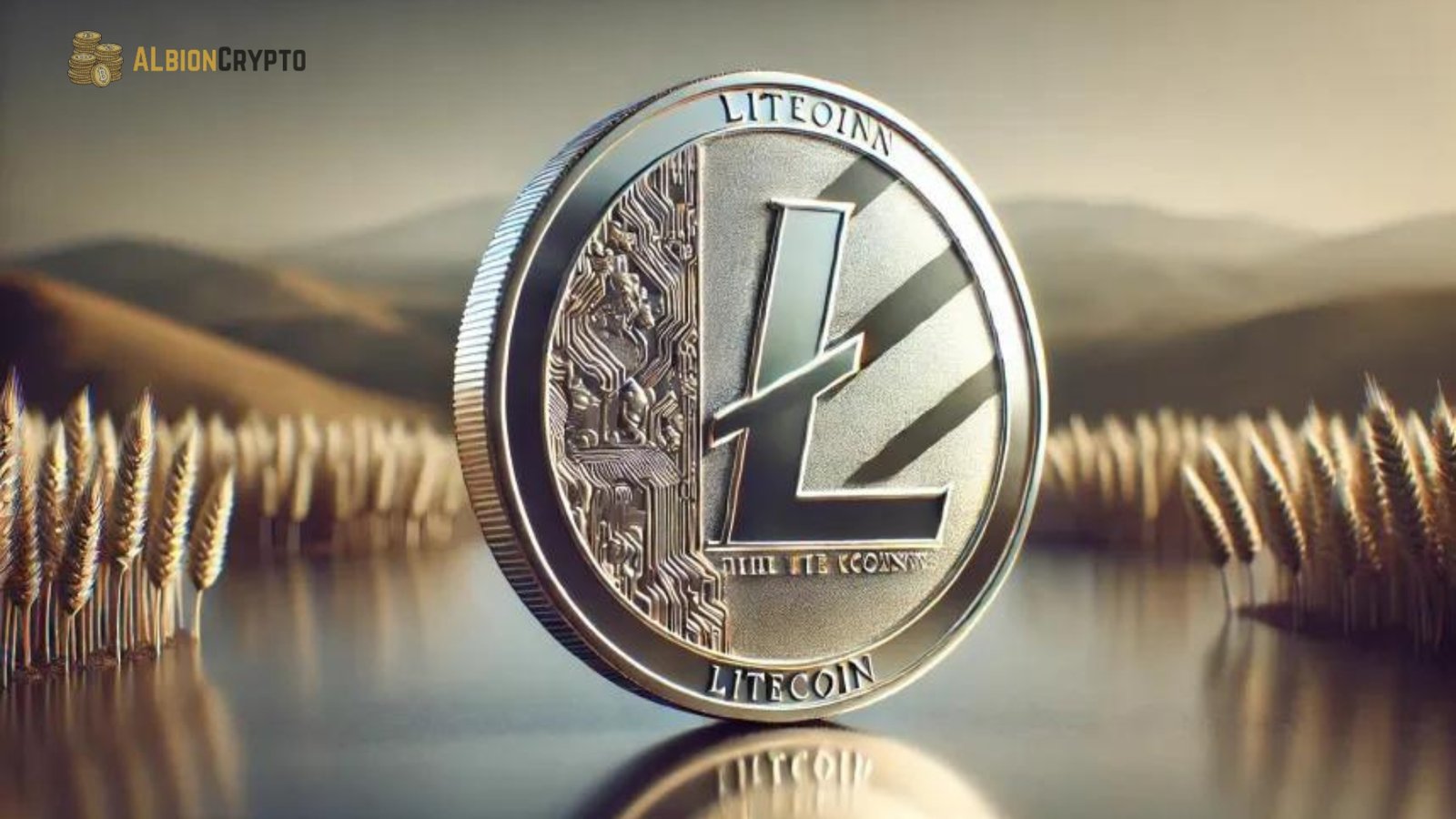“The Next Bitcoin” has been a buzzword in the cryptocurrency industry ever since Bitcoin (BTC) surged into mainstream awareness. With Bitcoin’s revolutionary technology, historical price surges, and massive market capitalization, people wonder if another cryptocurrency will dethrone BTC and deliver similar returns.
Cryptocurrency Bitcoin has evolved from its humble beginnings as a decentralized money experiment into a widely used asset class that protects investors against inflation and serves as a store of value. But hundreds of currencies are now available, and the cryptocurrency industry has developed significantly. Despite Bitcoin’s continued dominance, many investors are already looking forward to the next big thing—”The Next Bitcoin.” In this essay, we will examine Bitcoin’s features in detail, look at its competitors, and see if they can match or exceed Bitcoin’s success.
What Makes Bitcoin Special?
Before we delve into potential successors, it’s essential to understand why Bitcoin holds such a unique place in the cryptocurrency world:
- First-Mover Advantage: Bitcoin was the first cryptocurrency, released in 2009 by the pseudonymous Satoshi Nakamoto. Being the first to give Bitcoin an early lead in adoption and recognition,
- Decentralization: Bitcoin is truly decentralized. It operates on a Proof-of-Work (PoW) consensus mechanism, ensuring no single entity controls the network. Miners verify transactions, and Bitcoin’s governance is distributed across its global community.
- Scarcity: With a fixed supply of 21 million BTC, Bitcoin has built-in scarcity, often compared to digital gold. This scarcity and increasing demand have driven its price significantly higher over time.
- Security: Bitcoin’s blockchain is highly secure, with more computing power securing it than any other blockchain. This security is critical for ensuring trust in the network.
- Mainstream Adoption: Bitcoin has achieved a level of mainstream recognition and adoption that other cryptocurrencies have struggled to match. Major corporations, governments, and financial institutions have started incorporating Bitcoin into their operations.
- Store of Value: Often referred to as “digital gold,” Bitcoin has become a preferred asset for those looking to hedge against inflation and currency devaluation. Its deflationary nature and finite supply have contributed to its store-of-value narrative.
Given these factors, it’s clear why Bitcoin remains the undisputed king of crypto. But can any other coin achieve the same status, or is Bitcoin irreplaceable?
Contenders for “The Next Bitcoin”
Here are some of the top contenders experts, investors, and the crypto community have speculated could rise to Bitcoin’s level.
Ethereum (ETH)
If any cryptocurrency comes close to rivaling Bitcoin, it’s Ethereum. Launched in 2015 by Vitalik Buterin, Ethereum is the second-largest cryptocurrency by market cap. Unlike Bitcoin, which primarily serves as a store of value and medium of exchange, Ethereum is a smart contract platform.
- Smart Contracts and dApps: Ethereum’s blockchain enables the creation of decentralized applications (dApps) and smart contracts, allowing developers to build complex systems on top of the blockchain. This versatility has made Ethereum the backbone of decentralized finance (DeFi), non-fungible tokens (NFTs), and other blockchain-based innovations.
- Ethereum 2.0 and Proof of Stake: Ethereum is transitioning from Proof-of-Work to Proof-of-Stake (PoS) through its Ethereum 2.0 upgrade. This will reduce energy consumption, enhance security, and improve scalability, making it more attractive to developers and investors.
- Network Effects: Ethereum has a vast developer community and thousands of projects built on its network. The network effect creates a self-reinforcing loop where more developers and users flock to Ethereum because of its broad usage, further increasing its dominance.
- Challenges: Despite its potential, Ethereum faces challenges like high gas fees, scaling issues, and competition from other smart contract platforms. The success of Ethereum 2.0 will determine if it can truly challenge Bitcoin in the long term.
Binance Coin (BNB)
Binance Coin (BNB) is the native token of the Binance ecosystem, the world’s largest cryptocurrency exchange by trading volume. Initially launched as an ERC-20 token on the Ethereum blockchain, BNB has since moved to its blockchain, Binance Smart Chain (BSC).
- Utility: BNB’s primary use case is to facilitate transactions on Binance Exchange, offering fee discounts to users who hold and use BNB. Beyond that, it powers Binance Smart Chain, which has gained significant traction due to its low fees and fast transaction speeds compared to Ethereum.
- Ecosystem: Binance Smart Chain has become a hub for decentralized applications, offering an alternative to Ethereum. Its growing ecosystem and Binance’s global presence give BNB substantial momentum.
- Deflationary Mechanism: Binance regularly conducts coin burns, reducing BNB’s supply and potentially increasing its value over time. This deflationary model mirrors Bitcoin’s scarcity.
- Challenges: While BNB has a strong ecosystem and utility within the Binance Exchange, its centralized nature has drawn criticism. Binance controls the coin’s supply and governance, which could be a disadvantage compared to decentralized competitors.
Cardano (ADA)
Cardano is often touted as a next-generation blockchain that aims to solve the scalability, interoperability, and sustainability issues that Ethereum and Bitcoin face.
- Proof of Stake: Cardano was one of the first blockchains to use a Proof-of-Stake consensus mechanism, which is more energy-efficient than Bitcoin’s Proof-of-Work model.
- Academic Approach: Cardano’s development is based on peer-reviewed academic research, giving it a reputation for being scientifically rigorous. Its layered architecture separates the ledger of values from the computation, making the platform more flexible and secure.
- Potential: Cardano’s focus on decentralized finance and smart contracts, especially with its Goguen era (which brings smart contracts to its blockchain), positions it as a potential challenger to Ethereum and Bitcoin.
- Challenges: Cardano’s development has been slower than that of competitors like Ethereum. Despite its promise, the ecosystem lacks the dApp and developer activity seen on Ethereum or Binance Smart Chain. More adoption and real-world use cases will be needed to reach the scale of Bitcoin.
Solana (SOL)
Solana has gained significant attention recently for its high-speed and low-cost blockchain platform. It is often described as one of the fastest blockchains in existence.
- Scalability: Solana can handle tens of thousands of transactions per second (tps), far more than Bitcoin and Ethereum. This scalability makes it ideal for DeFi, NFTs, and decentralized apps.
- Growing Ecosystem: Solana has attracted a wide range of developers and projects, particularly in the DeFi and NFT spaces. Its fast transaction speeds and low fees make it a viable competitor to Ethereum, especially as Ethereum struggles with high gas fees.
- Challenges: Solana’s reliance on a small number of validators has led to concerns about centralization. Additionally, the network has experienced outages, raising questions about its long-term reliability.
Polkadot (DOT)
Polkadot, created by Ethereum co-founder Gavin Wood, is designed to enable interoperability between different blockchains. It aims to create a web where various blockchains can communicate and operate together.
- Interoperability: Polkadot’s unique feature is its parachain structure, allowing multiple blockchains to operate in parallel, sharing information and security through the main relay chain.
- Customizability: Developers can create their blockchains, known as parachains, with custom features while benefiting from the security of the main chain.
- Potential: Polkadot’s vision of a decentralized web where blockchains can communicate seamlessly gives it a unique position in crypto.
- Challenges: Polkadot faces competition from Ethereum and other smart contract platforms. It needs to grow its ecosystem and attract more developers to realize its full potential.
Bitcoin Cash (BCH)
Bitcoin Cash (BCH) was created due to a Bitcoin hard fork in 2017. It aimed to increase Bitcoin’s block size, allowing more transactions per block and reducing fees.
- Transaction Speed: Bitcoin Cash offers faster and cheaper transactions than Bitcoin, making it a better option for day-to-day payments.
- Challenges: Despite faster transaction speeds, Bitcoin Cash has not been widely adopted. Most users and investors prefer Bitcoin for its security, brand recognition, and store-of-value properties. Bitcoin Cash has struggled to differentiate itself from Bitcoin.
Litecoin (LTC)
Litecoin, created in 2011 by Charlie Lee, is often called the “silver to Bitcoin’s gold.” It was designed to offer faster transaction speeds and lower fees than Bitcoin.
- Use Case: Litecoin serves as a medium of exchange, with faster block times and a more efficient mining algorithm than Bitcoin.
- Challenges: Litecoin has remained in Bitcoin’s shadow for most of its existence. While it has a strong and loyal community, it has not achieved the same level of adoption as Bitcoin or Ethereum. Litecoin’s development activity has also lagged behind other projects.
Is There a “Next Bitcoin”?
Even though Bitcoin’s performance could be unique, the pursuit of “The Next Bitcoin” has enthralled investors for years. Replicating it would be challenging because of its decentralized structure, high network effect, and first-mover advantage.
Ethereum, Binance Coin, Cardano, Solana, and others have special qualities and applications. However, none can match Bitcoin’s status as a universally recognized, decentralized store of wealth.
Asking which cryptocurrencies will supplement Bitcoin would be more productive than finding “The Next Bitcoin.” While Ethereum is expected to rule the smart contract arena, Solana has the potential to transform fast-track financing, while Polkadot might be the first to introduce blockchain interoperability.
Finally, no one seems to be planning to unseat Bitcoin as the undisputed leader in the cryptocurrency market. However, there are a lot of interesting initiatives in the Bitcoin field as a whole that are doing groundbreaking work and finding their unique niches. We will see if any of these initiatives can compete with Bitcoin in the future, but for now, Bitcoin is the only cryptocurrency that matters.


